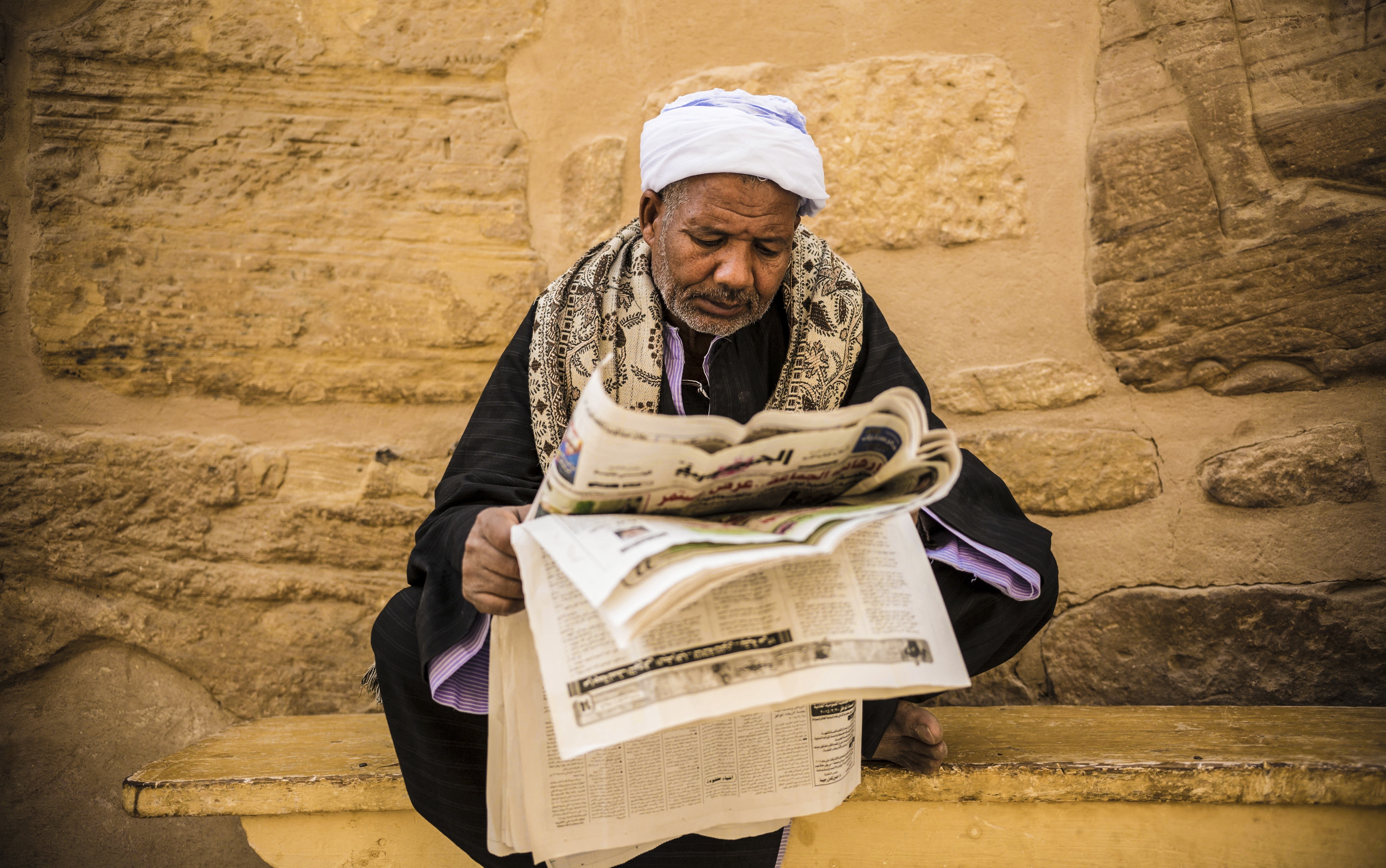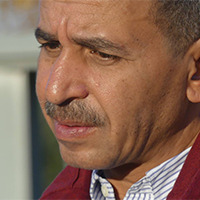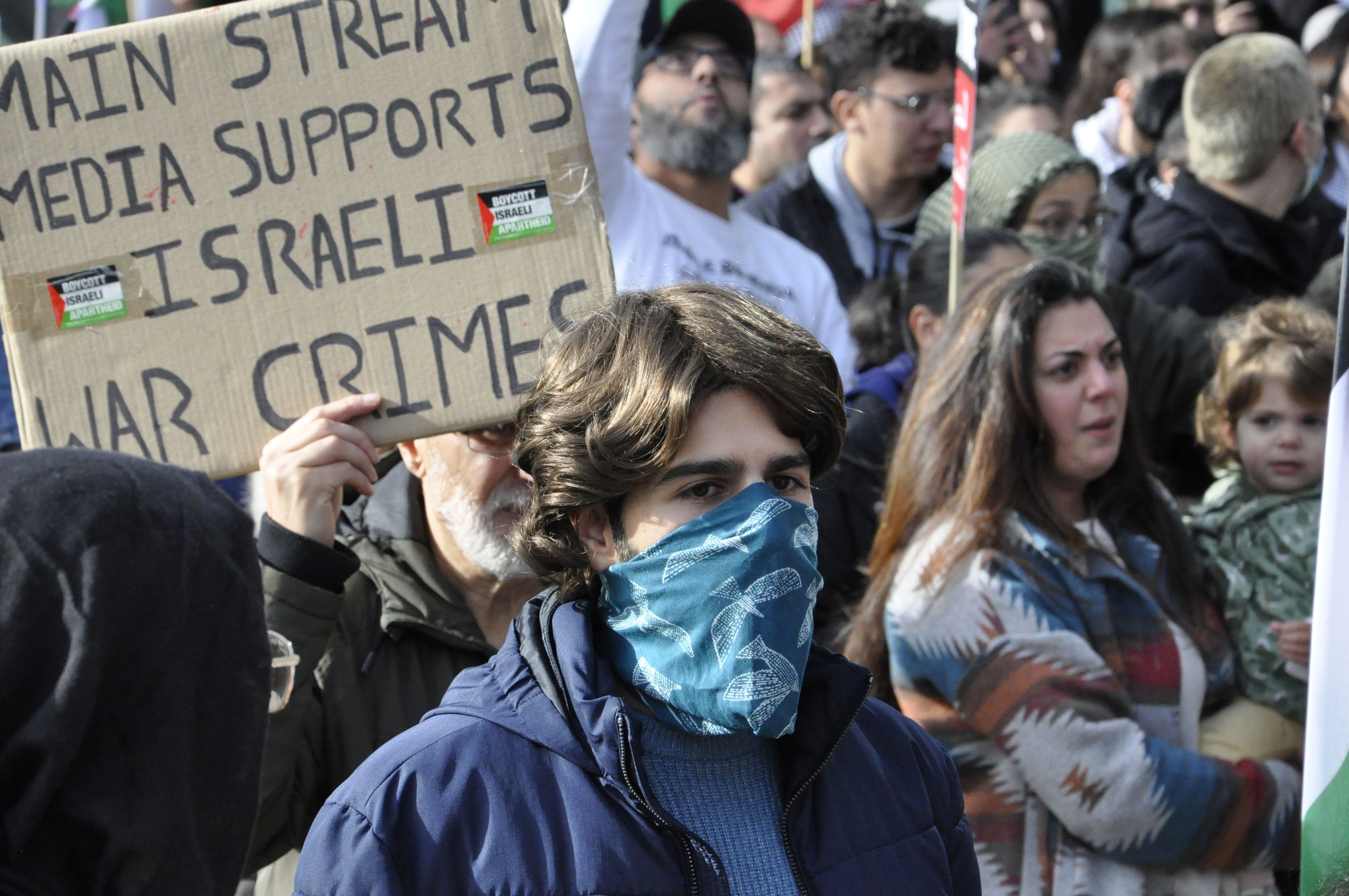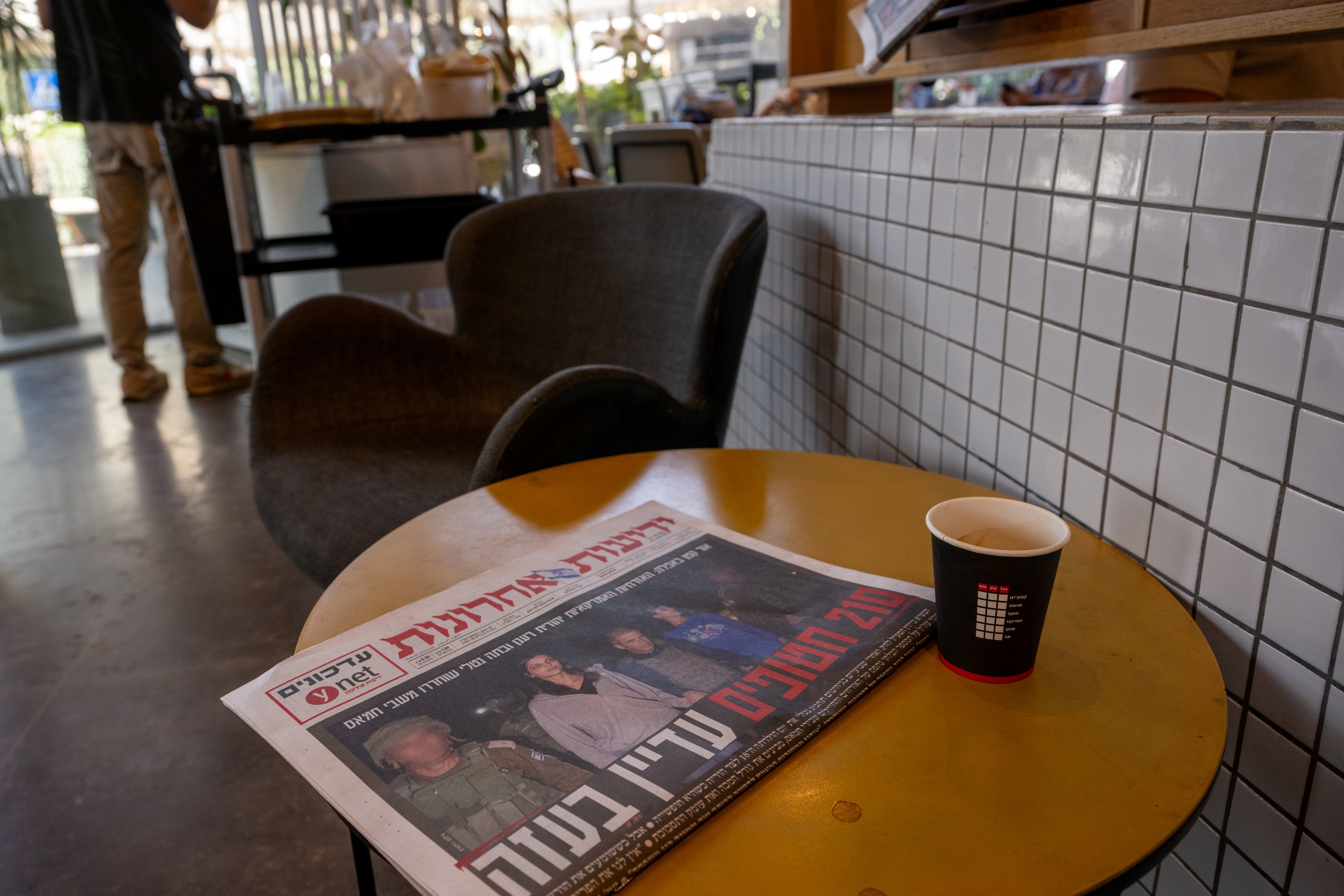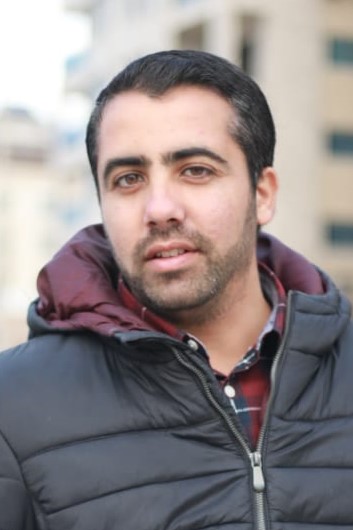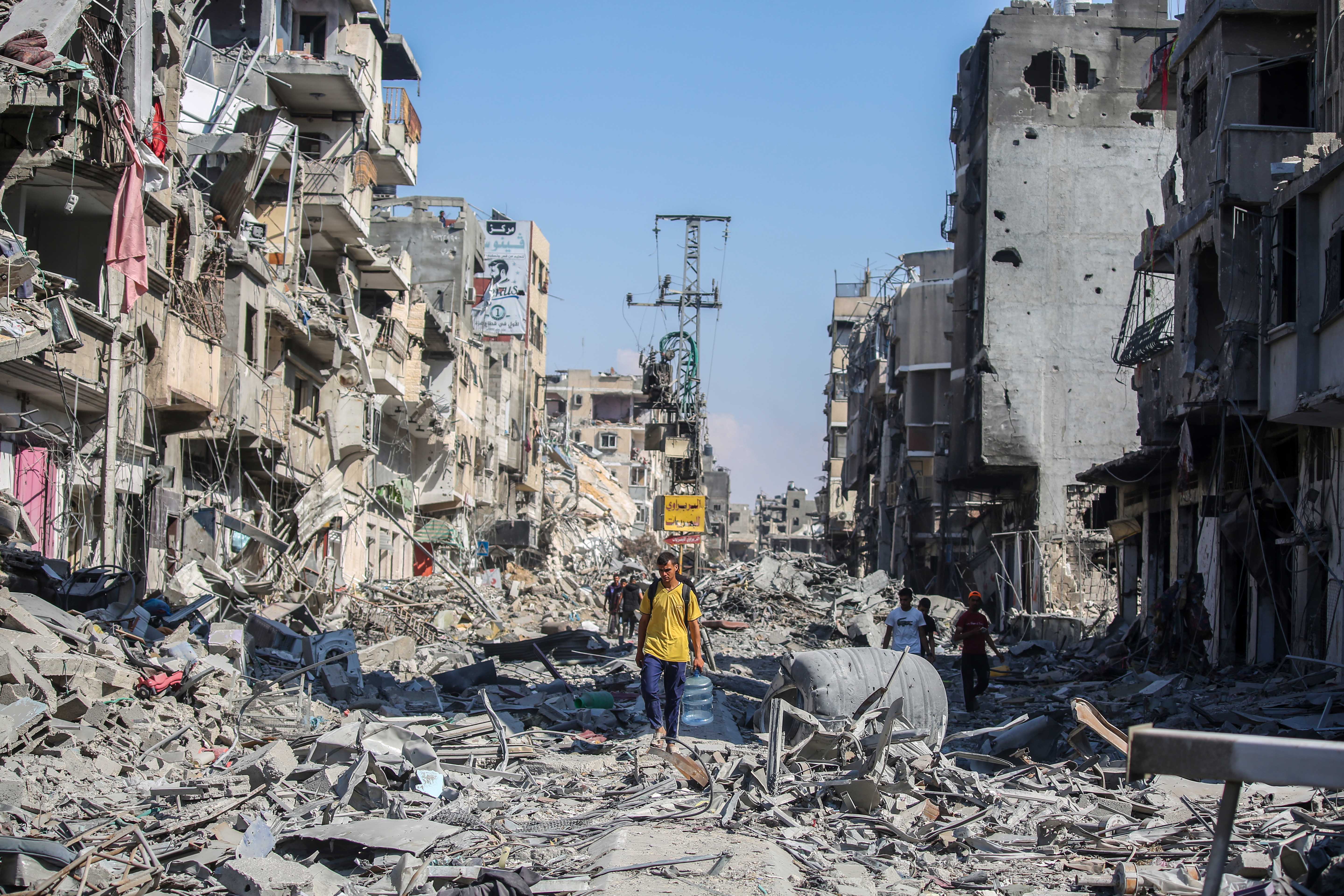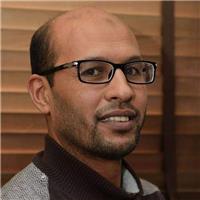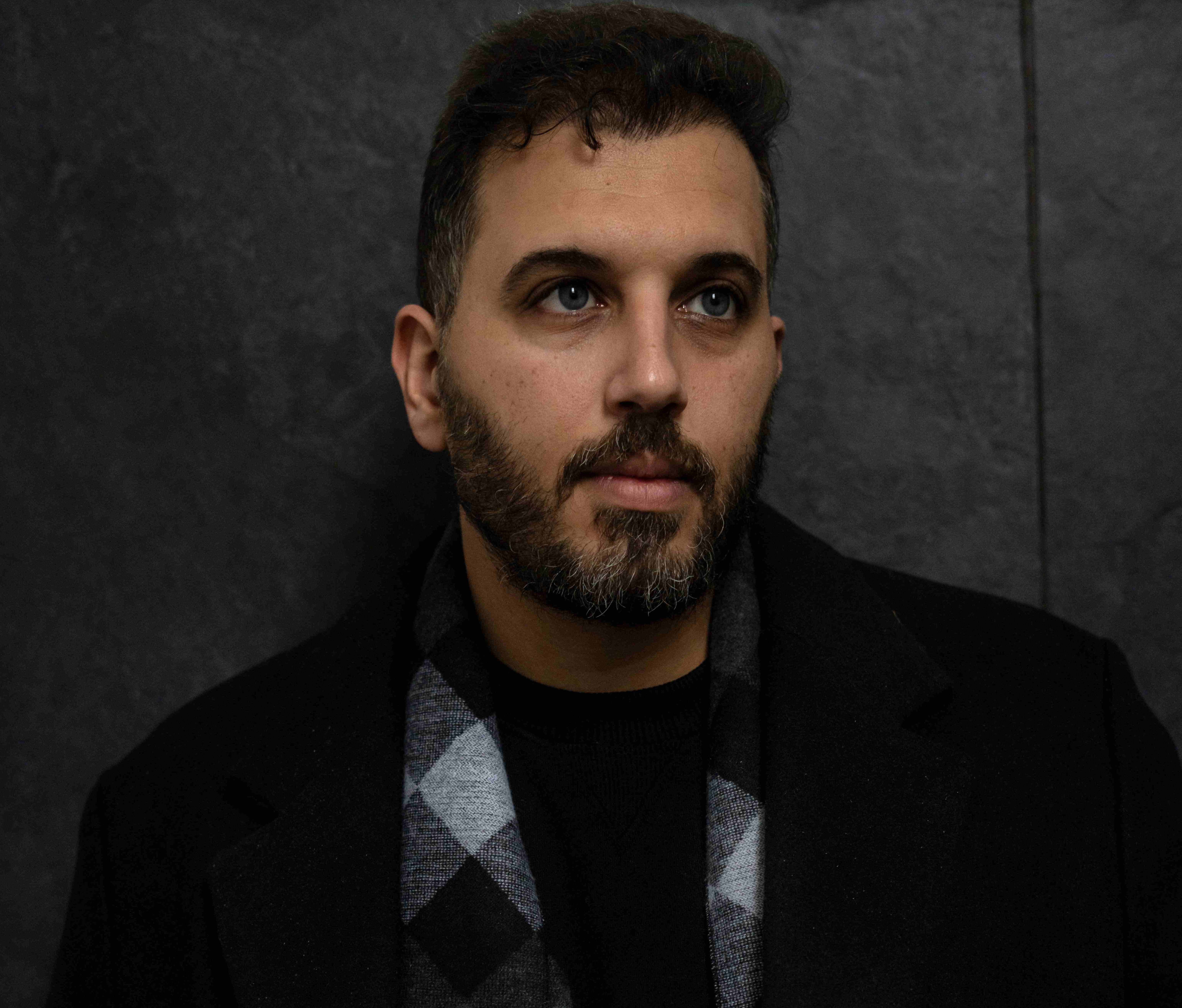Investigative journalism is very attractive to young journalists because of the personal glory associated with it. But when they operate on the assumption that investigative journalism is the journalism of risk and danger, they are confusing themselves. This stereotype is one of the many challenges facing investigative journalism in the Arab World. It needs to change, and quickly: journalists who want to work in this field need more training in this difficult type of journalism.
For many early-career journalists, investigative journalism represents a shortcut to success. This encourages some of them to pursue this path without first acquiring the necessary tools.
A proper investigative report is not built on good intentions. It requires use of a careful investigative method to back up whatever facts the journalist is looking to prove. It should involve as little danger as possible, whether for the journalist or for their sources, as well as strict observance of professional and ethical standards. Journalists seeking a career in this field should know that it is a road that can sometimes lead to fame, but that very often makes you enemies.
Danger and more danger!
Investigative journalists work to change the world for the better. They are motivated by anger at negative realities that officials or the powerful fail to deal with or collaborate to cover up. This is the difference between traditional journalism – which ‘covers’ what happens and transmits it to the public – and investigative journalism, which ‘exposes’ things happening that the public are unaware of, things that certain people want to keep hidden because of threats to their interests. These people often include government officials (who may be negligent or active conspirators) and members of organized crime groups, which makes the investigative journalist’s job not only difficult but often very dangerous.
Parties who stand to lose out if the truth is uncovered will try to impede the investigation to protect their interests, using all means at their disposal to do so – concealing information, threatening investigators or even actively harming them.
These challenges mean that investigative journalists have to be aware of the implications of every action they take and consider carefully before exposing themselves or their sources to danger.
Big Story Complex
Having been trained in an investigative method equipping them to work academically and freeing them from their stereotypes, many would-be investigative journalists fall into what we might call the ‘big story trap’. Journalists are usually looking for a big story that will bring them spectacular success and make them into a household name. This is understandable. But this (justifiable and understandable) desire can prove a serious obstacle to success, slowing journalists down and leaving them waiting forever for that big, glorious scoop.
Many investigative journalists believe that political and financial corruption or organised crime stories are the only thing that can guarantee them success and bring them fame as journalists and particularly investigative journalists. But the reality is that this ‘big story complex’ can blind journalists to other, easier stories that may have a bigger effect – health, the environment, food – which affect many members of the public directly.
The public is of course concerned with political issues or the dubious practices of the famous and the powerful. But they are also interested in things which affect them personally.
‘Leak’ Journalism
Investigative journalism is not the journalism of leaks as many journalists believe. Wikileaks, or the Panama Papers, are not in themselves investigative journalism. These documents, after we get a hold of them, are only the beginning of an investigation and are not investigations by themselves. When an investigative journalist obtains a document, they begin by making sure that it is real. Only then do they set about trying to turn it into a story through an investigation that may take a long time, because it needs more documents as well as interviews with multiple relevant sources.
For the Panama Papers, for example – as is the case with Wikileaks – whole teams of investigative journalists worked to study the documents and telegrams made available in order to turn them into stories built on hypotheses and prove these hypotheses beyond all doubt. Just obtaining an official document is not enough for a journalist to assume that it is real. It may be the tip of an iceberg or a trap weakening the story. A weak link can totally undermine even a strong and important story, and there will always be people looking for one – the same people who want their responsibility or involvement to remain hidden.
A Stranger in the Newsroom
Investigative journalists obviously operate in a hostile working environment outside the newsroom. But they can sometimes face frustrations in the newsroom as well. Few editors are willing to accept a single story taking six months (on average) to come to fruition when the same journalist could produce two news pieces a day, for an average of 360, every six months.
Investigative journalists sometimes seem like strangers in the newsroom, not just to their bosses – who might have no idea about the story they’re working on – but also to their colleagues, who see only a figure hunched over their computer for hours on end, not publishing anything for months.
In recent years, things seem to have gotten better. The culture of investigative journalism is now more common in newsrooms, and journalists are more familiar with the sort of slow-burn work involved. But this improvement has still not produced an ideal or entirely welcoming environment. Many publishers and editors in the Arab World still do not give investigative journalism its due, seeing it as costly and of little use, preferring all their journalists to participate in the fast-moving normal news cycle.
The Challenge of the Future
A lack of knowledge – or in the Arab World, suppression of such knowledge – the lack of legislation guaranteeing the free flow of information in most Arab countries, and a hostile working environment are all challenges facing investigative journalism. Technical developments in storytelling also constitute a new and serious challenge that should not be taken lightly. What does it mean to have an important story that you spent a long time and a great amount of effort on, if you tell it in a way that does not reach the public—either because you have used an inappropriate medium or because you have told it in an inappropriate way?
It is not enough for investigative journalists to develop their research and investigation skills. They also need to develop their storytelling skills, to be aware of digital storytelling and how to present their stories on intersecting media platforms. This requires more capacity-building in highly technical fields, given that technology is now an inseparable part of the way stories are told by journalists.
*Picture: A tourist guide reads a newspaper at Ramesses III. Mortuary Temple in the west of Luxor, Egypt on February 19, 2015. (Ahmed Zakaria-Getty Images)
